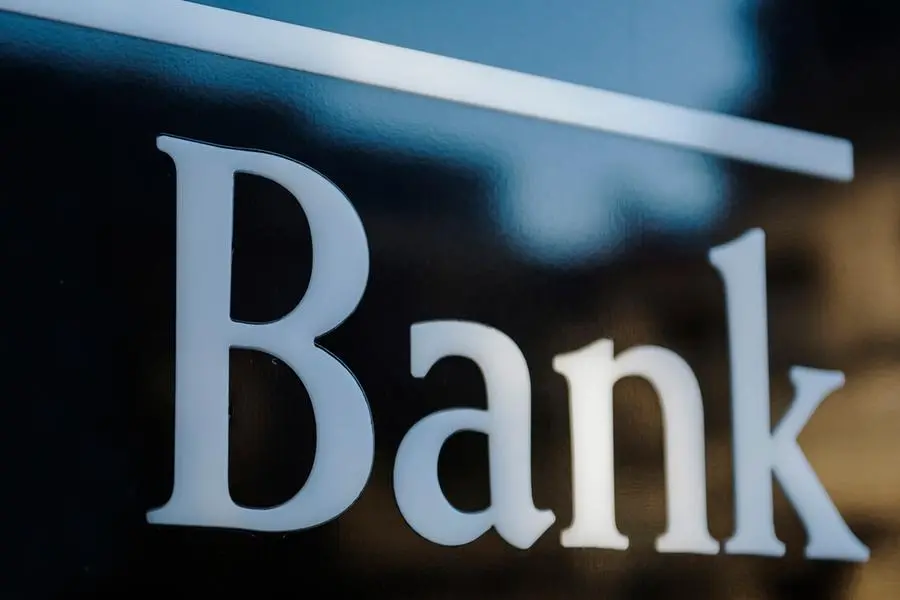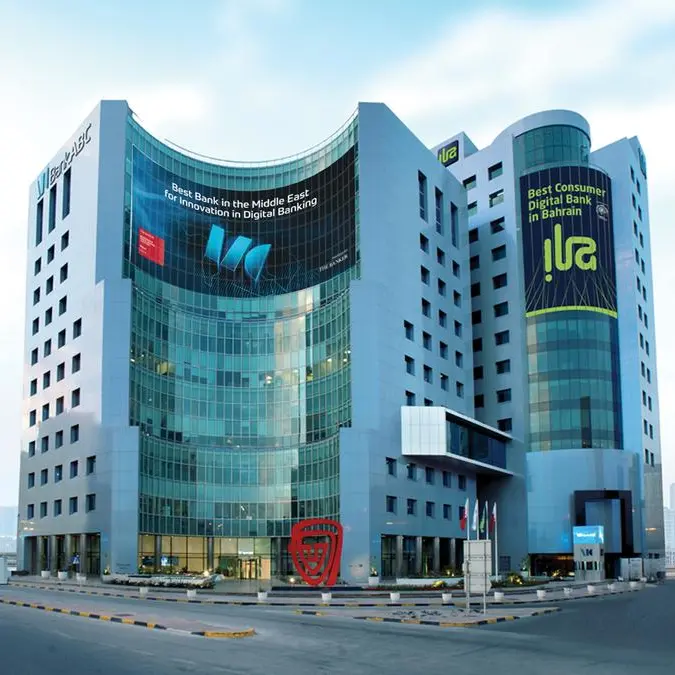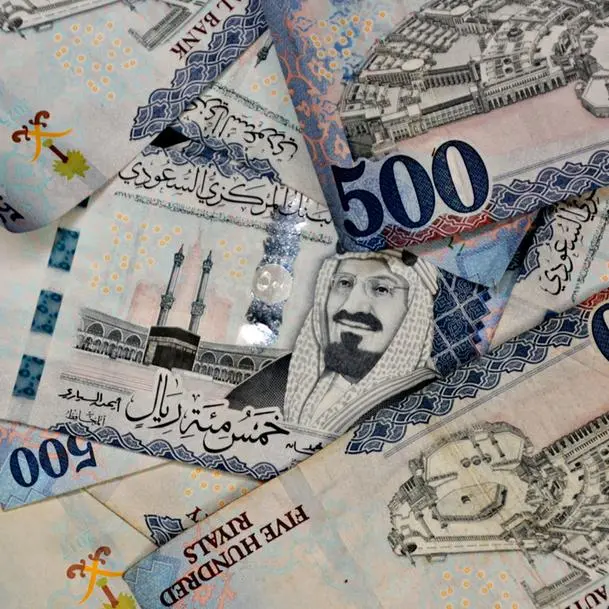PHOTO
The disclosures of climate risks and sustainability by GCC banks are still “very much a work in progress”, according to a report by S&P Global Ratings.
Only two-thirds of the 20 rated GCC banks publish a materiality assessment, while only 30% consider environmental risk as a “key” risk, credit analyst Mohamed Damak wrote in the report.
Only two UAE banks - First Abu Dhabi Bank and Abu Dhabi Commercial Bank - are members of the net-zero banking alliance.
They are also the only banks that communicated publicly about a certain level of sustainable financings to be deployed by a predetermined deadline, the report said.
However, 70% of rated GCC banks offer sustainability-labelled products and only four banks have exclusion policies as part of their risk management framework.
However, the report found that no regional banks are in an advanced stage of implementing climate risk-adjusted loan pricing.
According to S&P, GCC banks’ direct lending exposures to economic sectors that are most directly exposed to the climate transition, including oil and gas, mining and quarrying, manufacturing, and fossil fuel-fired power generation, stood at nearly 12% of total lending by the end of 2023, remaining stable over the past three years.
“This may be surprisingly low, given the importance of hydrocarbons in GCC economies, but it is worth noting that large national oil companies typically self-finance via joint ventures or access international capital markets,” Damak said.
However, if international financing becomes restricted, oil companies may have to rely on local banks, he added.
(Editing by Seban Scaria seban.scaria@lseg.com )





















